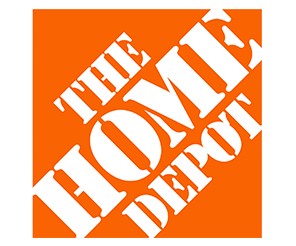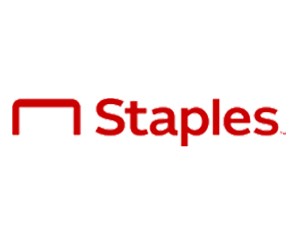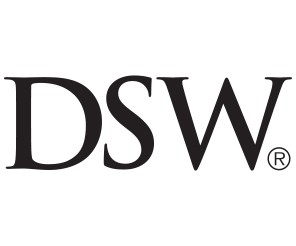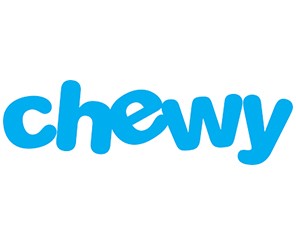US Markets Loading...
h
m
s
Chinese manufacturers are pumping out stuff but making less money. One ex-US official warns overproduction is a 'trainwreck.'
Weak domestic demand is causing Chinese companies to sell products en masse overseas, worrying US officials.
One of the world's biggest cities is sinking, so officials are spending $35 billion to build a new capital. Take a look at Nusantara.
Rising sea levels are threatening to swamp Jakarta, Indonesia's biggest city, so authorities are building a new capital called Nusantara.
US buys 81 Soviet-era combat aircraft from Russia's ally costing on average less than $20,000 each, report says
The US bought 81 Soviet-era combat aircraft from Kazakhstan, the Kyiv Post reported.
Martin Freeman says it's unfair there's so much backlash to his age-gap movie with Jenna Ortega, who is 31 years younger
"Miller's Girl" sees Freeman, 52, play a high school teacher who has a relationship with his student, played by the 21-year-old Jenna Ortega.
Video
New Episodes This Week
I make over $2,500 a month from focus groups. Here's how I decide which ones are worth my time and how to find the highest-paying ones.
A 30-year-old makes between $2,000 and $3,000 a month from focus groups. Here's how.
'Time capsule' LA home torn down by Chris Pratt and Katherine Schwarzenegger could have been shown 'some honor,' designer's daughter says
The couple faced backlash last week following reports that they had demolished the 1950s midcentury modern home.
I quit my investment banking job after collapsing at work. Wall Street was seductive and nearly destroyed me.
This investment banking analyst quit her job on Wall Street after she fainted at work. She says banking made her tired, anxious, and unhappy.
A 110-year-old man says he's never had back pain and still drives his car every day. Here are his 6 longevity tips.
Vincent Dransfield, 110, lives alone and drives his car every day. He credits movement, milk, and strong relationships with giving him longevity.





